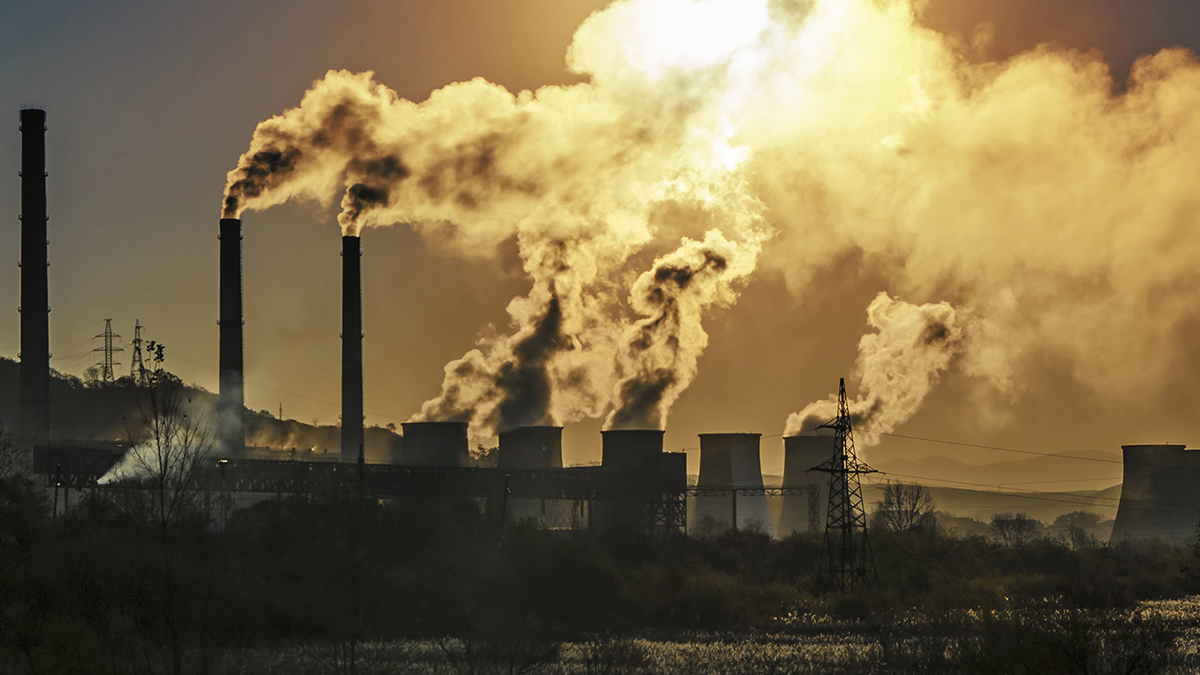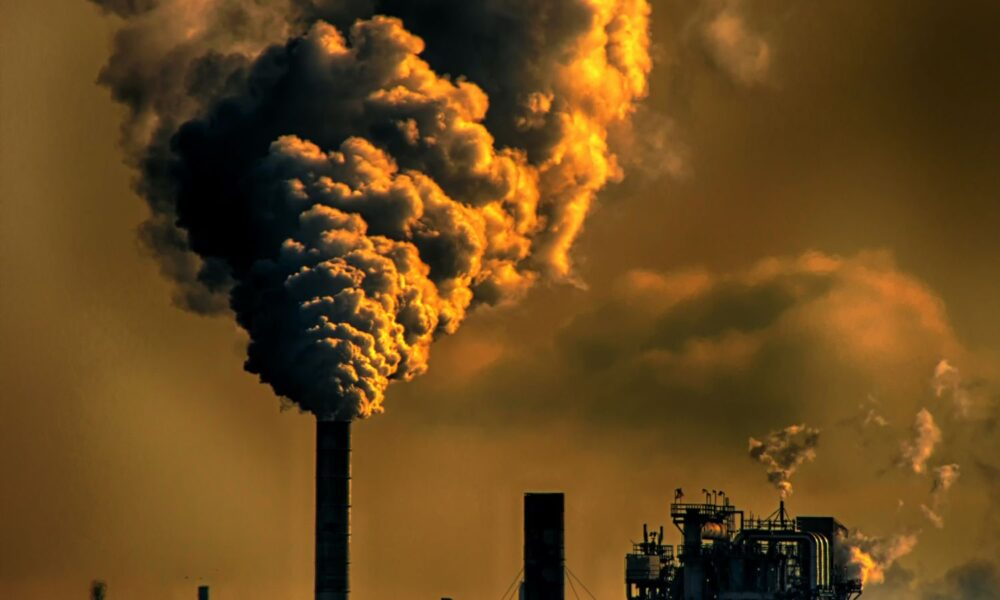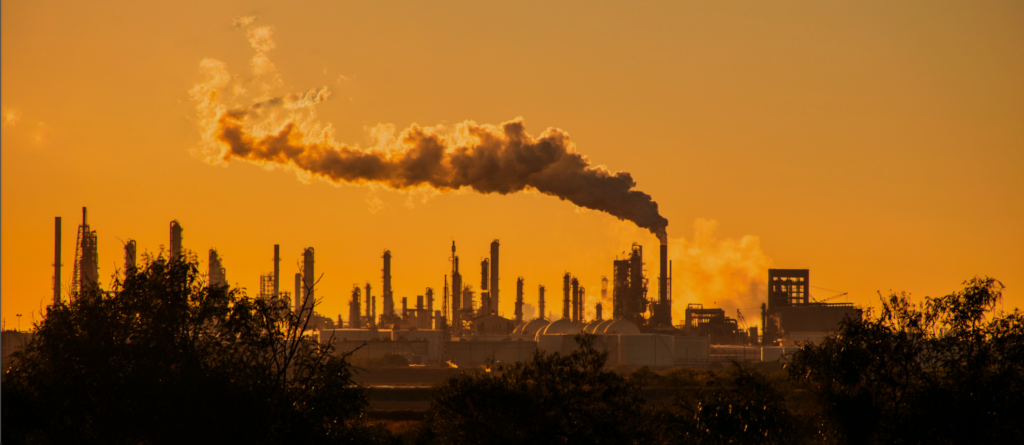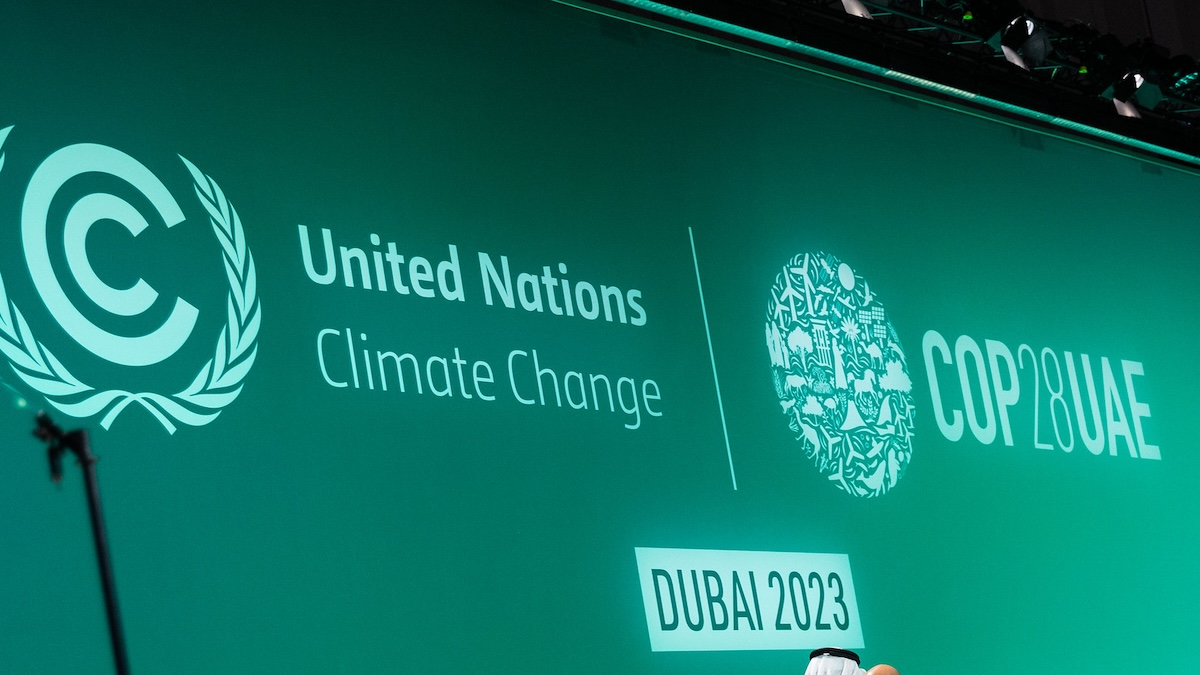Now Reading: World Leaders Finally Agree to Ditch Fossil Fuels at COP28!
-
01
World Leaders Finally Agree to Ditch Fossil Fuels at COP28!
World Leaders Finally Agree to Ditch Fossil Fuels at COP28!

Table of Contents
In a landmark decision at the 28th United Nations Climate Change Conference (COP28), world leaders agreed for the first time ever to phase out fossil fuels, marking a historic turning point in the global battle against climate change.
The agreement comes after two weeks of intense negotiations between nearly 200 countries in Dubai. For years, climate conferences stopped short of directly calling for an end to fossil fuels—oil, coal, and natural gas—that are responsible for more than 75% of global greenhouse gas emissions. But COP28 broke this long-standing barrier.
“This is the beginning of the end for fossil fuels,” declared COP28 President Sultan Al Jaber as he announced the final deal. “The world has finally come together to do what science tells us is necessary—move away from fossil fuels to secure a liveable future.”
What the COP28 Deal Says

The agreement includes these main points:
- Fossil Fuel Phase-Out Commitment:
Countries pledged to transition away from fossil fuels “in energy systems, in a just, orderly, and equitable manner” to reach net-zero emissions by 2050. - Tripling Renewable Energy by 2030:
Nations committed to tripling the world’s renewable energy capacity—including solar, wind, and hydro power—within the next six years. - Doubling Energy Efficiency Improvements:
Countries will also double their efforts to make energy systems more efficient, which includes using less energy for the same output. - “Just Transition” for Developing Nations:
Special attention was given to developing countries that rely heavily on fossil fuels for their economies. The deal promises financial and technical help to support a fair and inclusive energy shift. - Methane Reduction:
Since methane is 80 times more powerful than carbon dioxide in trapping heat, the agreement calls for strong measures to reduce methane emissions quickly.
Why This Is Historic
For decades, fossil fuels were a “taboo” topic at global climate summits. Major oil and gas-producing countries like Saudi Arabia, Russia, and the United States resisted any language that directly called for a phase-out. Past COP agreements used softer phrases such as “reducing dependence” or “phasing down unabated coal use.”
But this time, after heated debates, a clear and strong statement made it into the final text: a global shift away from fossil fuels.
“This agreement is not perfect, but it is a giant step forward,” said United Nations Secretary-General António Guterres. “It shows that governments understand the dangers of the climate crisis and the need for action.”
Mixed Reactions Around the World

Environmental groups largely praised the deal but warned that words must now turn into action.
“This is a breakthrough moment,” said Greenpeace International’s Executive Director Mads Flarup Christensen. “But unless governments cancel new oil and gas projects, this agreement will be meaningless.”
Some fossil fuel-producing countries and industries, however, showed concern. Saudi Arabia and Russia voiced reservations, and oil lobby groups argued that the world still needs fossil fuels for energy security.
Developing nations—especially small island states facing rising sea levels—welcomed the deal but stressed that financial support must come quickly.
“Promises won’t save our islands from going underwater. We need real money, real action, now,” said Kausea Natano, Prime Minister of Tuvalu.
Challenges Ahead
Though the COP28 agreement is historic, experts warn that major challenges remain:
- Lack of Clear Deadlines:
The deal doesn’t set exact dates for when fossil fuel use must end. Critics fear this could allow countries to delay action. - No Binding Legal Force:
Like most COP deals, the agreement is not legally binding. Its success depends on the political will of each country. - Financing the Transition:
Shifting away from fossil fuels, especially in poorer nations, requires trillions of dollars. So far, rich countries have fallen short of their climate finance promises. - Pressure from Oil & Gas Industry:
Fossil fuel companies remain powerful. Many worry they will lobby hard to slow the transition.
Hope for the Planet?
Still, climate experts say this deal sends a strong message to markets, investors, and industries worldwide: the era of fossil fuels is ending.
Already, many nations and companies are investing heavily in solar panels, wind farms, and electric vehicles. After COP28, this clean energy push is expected to speed up.
“This is the strongest signal yet that fossil fuels are on their way out,” said Fatih Birol, head of the International Energy Agency (IEA). “Investors and governments need to act fast to be part of the future economy.”
What’s Next?
Countries must now update their national climate action plans (called “Nationally Determined Contributions” or NDCs) to reflect this new agreement. The next COP29 in 2025 will review their progress.
Meanwhile, the world watches to see if words become action.
Conclusion
COP28 will go down in history as the moment when nations finally agreed to say goodbye to fossil fuels. But turning promises into real change will require hard work, bold decisions, and fast action. The health of the planet—and future generations—depends on it.
Read More:- Deyaar’s Latest Announcement Shakes Up the UAE Property Market





















